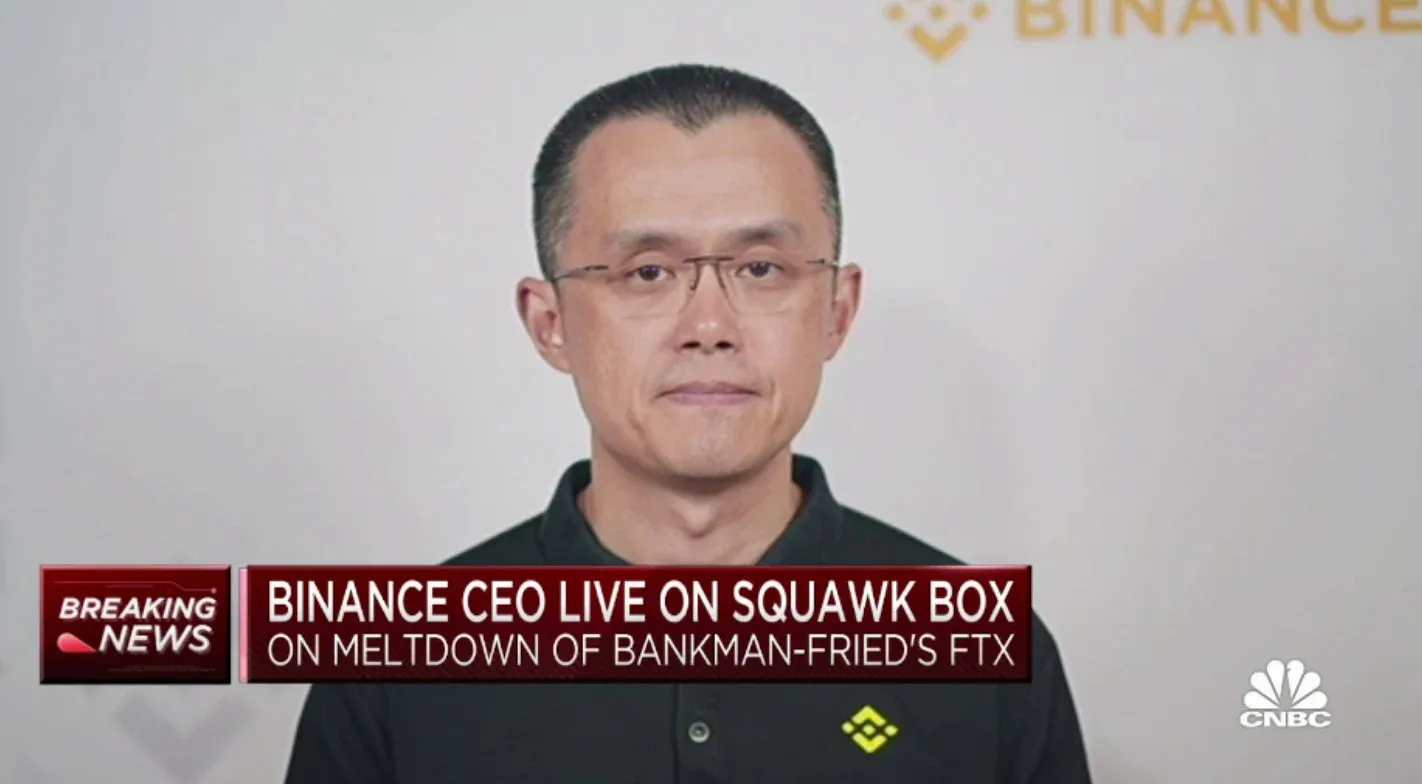
Dear Studio Fam,
Thank you again for being a part of our community. We hope this last issue of 2022 finds you and yours happy and healthy during the holidays. We’ve spotlighted a controversial use of technology that may end up backfiring, the latest innovation in fast food technology which may be coming soon to a drive-through near you, detailed some shady behavior on behalf of a gaming company who would otherwise want you to think they’re on your side, and run down a list of possible successors to Elon Musk as CEO of Twitter. Of course, we can’t ignore Crypto Winter so you’ll find updates on FTX, SBF, and the potential consequences for other players in the crypto industry.
See you in the New Year!
The Ugly Side of Facial Recognition Tech

Facial recognition technology traces its roots back to the 1960s when primitive computers were first programmed with the basics of pattern recognition by computer science pioneers like Woodrow Bledsoe. Since the early 2000s, the use of facial recognition tech has become widespread with the development of more advanced algorithms and the proliferation of digital surveillance technology. This is particularly true in certain countries like China which have integrated the technology into everyday life.
While no one in the United States needs to validate their identity to leave their home, American businesses have deployed facial recognition technology for various reasons from protecting against theft to speeding the boarding of airplanes. But some businesses have gone beyond using facial recognition to protect their bottom lines and have deployed the tech to allegedly intimidate their perceived enemies. Case in point: the use of facial recognition technology by MSG, the owners of Radio City Music Hall, to eject Kelly Conlon from a performance by the Rockettes.
Ms. Conlon works for a law firm that represents former employees of another MSG property who are suing MSG for violations of labor law .“MSG instituted a straightforward policy that precludes attorneys pursuing active litigation against the Company from attending events at our venues until that litigation has been resolved,” the company said in a statement in response to widespread reporting of Ms. Conlon’s ejection, according to NBC News. Even though Ms. Conlon is not involved in this particular case, her identity was still included on MSG’s list of banned individuals. While this might send a strong message to future litigants against MSG, it might end up backfiring by opening up new lawsuits or banning its use entirely.
Studio Byte Of The Week
The first fully automated McDonalds opened in Texas this month, optimized for drive through, takeout, and delivery customers.
Epic Games Pays Epic Fine for Dark UX

Epic Games, who we previously discussed in relation to its lawsuit against Apple’s allegedly anticompetitive App Store, has settled with the US government to the tune of $520 million over allegations that it purposefully designed its games to trick children into spending extra money. Much of the settlement revolves around Epic’s use of “dark UX”, deceptive digital interactions that mislead or trick the users into performing specific actions they don't intend to take.
Children are particularly susceptible to dark UX in video games because they do not have the same level of critical thinking skills as adults, according to researchers at the University of Michigan. According to the US government’s complaint, Epic “often charged Fortnite players for in-game items without their informed consent,” redesigned purchase screens to make the “buy” button appear as default, and purposefully hid “undo purchase” buttons beneath multiple menus. Anyone who thinks Epic’s battle against Apple is based in respect for its users should keep this settlement in mind.
SHORT BYTES
Elon has publicly signaled he is looking for a new CEO of Twitter. Here’s a list of potential candidates:
- Mr Beast, the unparalleled master of social media promotion (and he wants the job!)
- David Sacks, one of Elon’s besties and PayPal mafia OG
- Jason Calacnis, another bestie and recent Twitter investor
- Sherly Sandberg, though her cover up of the Cambridge Analytics scandal is probably disqualifying
- Sriram Krishnan, whose VC and previous Twitter experience could be useful
- Jared Kushner, who was spotted with Musk at the World Cup final
- Snoop Dogg, whose fans think he would be a great candidate
Crypto Winter Might Be Getting Longer

Multiple former executives of FTX and Alameda have now pled guilty to various stripes of fraud, presumably in an effort to insulate themselves from the harshest sentencing. Doubtlessly these people are cooperating with the investigation into Sam Bankman-Fried, who recently completed extradition to the United States (and was somehow granted bail!). Yet now big questions remain about the overall solvency of the crypto industry, particularly whether the same shady practices that brought down FTX are still in play at the remaining exchanges such as Binance.
In a bizarre interview last week, Binance CEO CZ Peng made various statements about the health of his company while simultaneously admitting there was a $2 billion hole in his balance sheet. Where did the hole come from? Well, Binance was an early investor in FTX but reportedly sold its equity back to SBF last year. But in that same bizarre interview, CZ admitted to accepting FTT tokens in lieu of cash for that deal. The problem is that FTT is now worthless and bankruptcy officials might come knocking with a demand that CZ pay back FTX creditors for that equity. Any Binance user who considers this news along with recent revelations about the opaque nature of Binance’s balance sheet and the resignation of its auditor should be seriously reconsidering their continued use of Binance.

